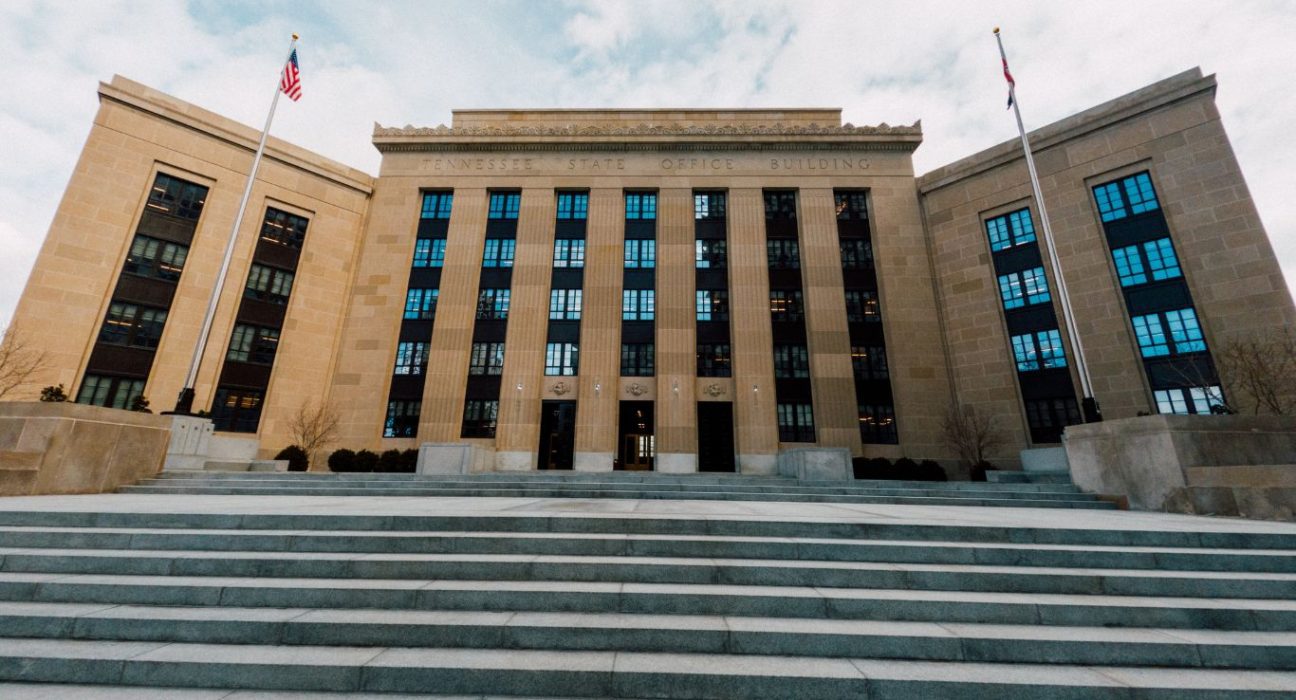As the U.S. Federal Reserve officials prepare to meet next week, they are faced with the challenge of managing persistent inflation while balancing the impact of aggressive interest rate hikes and the sudden failure of Silicon Valley Bank.
Background on Fed Meeting and Interest Rate Hikes
The U.S. Federal Reserve officials are scheduled to meet next week to discuss monetary policy in the face of persistent inflation. Despite the failure of Silicon Valley Bank, the Fed is expected to continue with its plans to raise interest rates as inflation remains well above the 2% target. Fed Chair Jerome Powell has even hinted at the need for more aggressive monetary policy.
However, the bank failure could add a dose of caution to the policy debate. Officials have so far believed that Fed policy had not caused any significant harm to the economy. But the failure of a bank in Silicon Valley could undermine this confidence and raise questions about the impact of aggressive interest rate hikes.
Understanding the Failure of Silicon Valley Bank
Silicon Valley Bank’s sudden failure has come as a surprise to many. The bank, which primarily serves technology startups and venture capitalists, has been a symbol of the region’s tech boom for decades. However, it has struggled in recent years due to a combination of factors, including increasing competition, declining interest rates, and a shift towards alternative financing methods.
The failure of Silicon Valley Bank could have broader implications for the tech industry and the economy as a whole. Some analysts worry that it could signal the end of the region’s tech boom and lead to a broader economic downturn.
Balancing Inflation and Interest Rate Hikes
Despite the bank failure, the Fed is still primarily focused on managing persistent inflation. The central bank has already approved aggressive interest rate hikes over the past year in an attempt to rein in inflation, but these efforts have so far been ineffective.
Many economists argue that the Fed needs to take even more aggressive action to bring inflation under control. This could involve raising interest rates even further, implementing stricter monetary policies, and making other changes to the way it manages the economy.
However, there are also concerns that these actions could have unintended consequences. Higher interest rates could lead to slower economic growth, lower job creation, and other negative impacts. As such, the Fed must carefully balance its desire to control inflation with its broader responsibilities to manage the economy as a whole.
Conclusion
As the U.S. Federal Reserve officials prepare to meet next week, they are faced with a difficult task. They must manage persistent inflation while balancing the impact of aggressive interest rate hikes and the sudden failure of Silicon Valley Bank. While the failure of the bank may add some caution to the policy debate, it is unlikely to significantly alter the Fed’s plans to continue raising interest rates. However, the Fed must carefully balance its desire to control inflation with its broader responsibilities to manage the economy and avoid unintended consequences.










